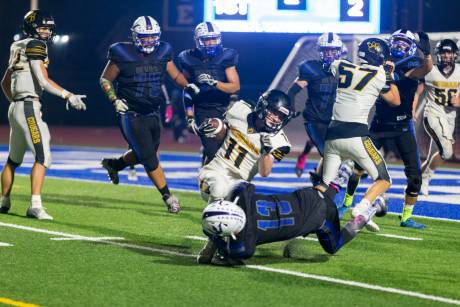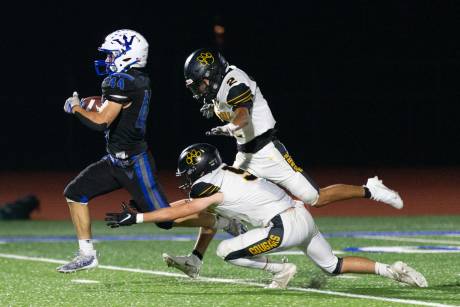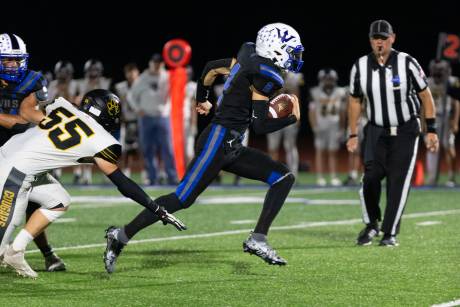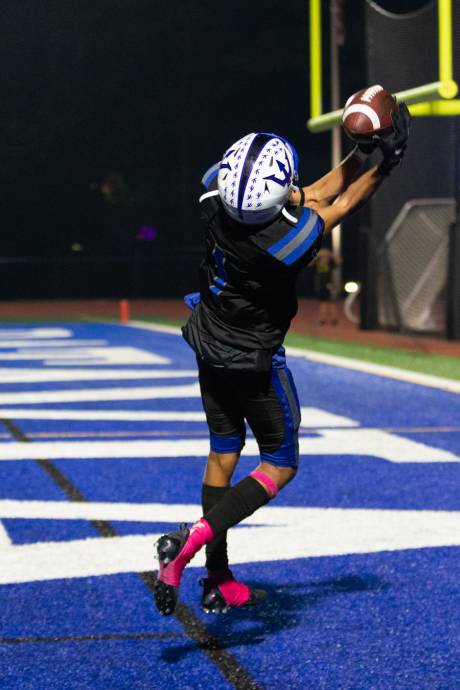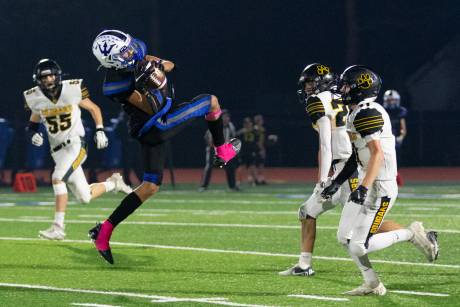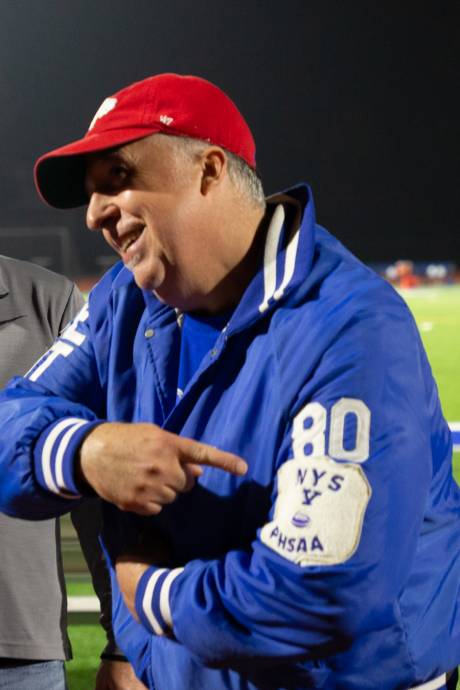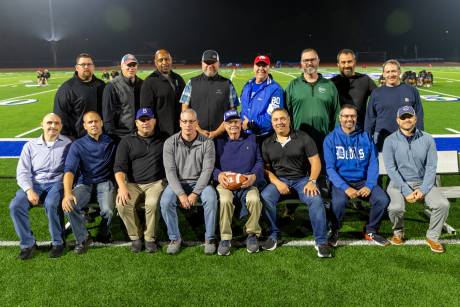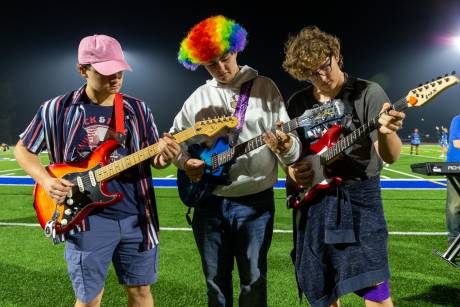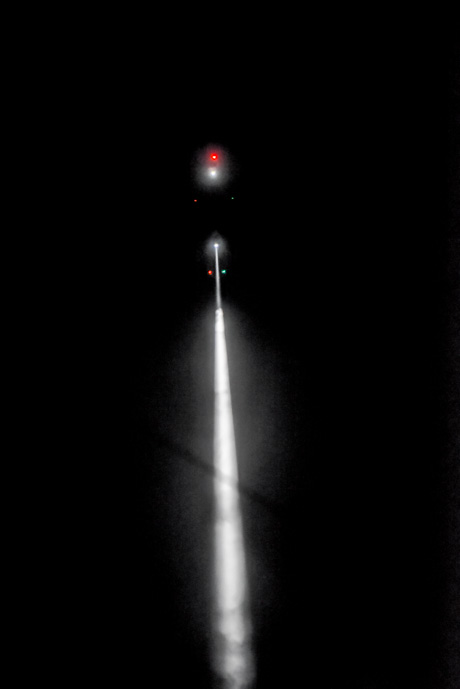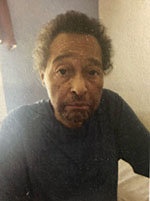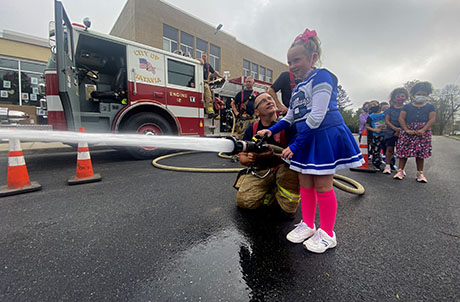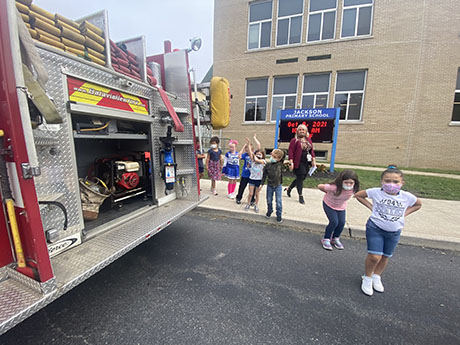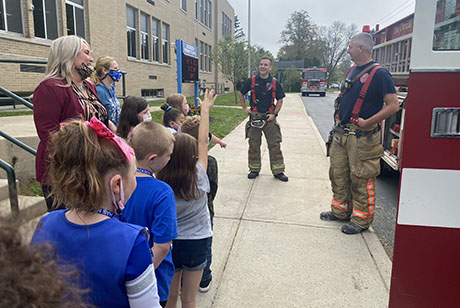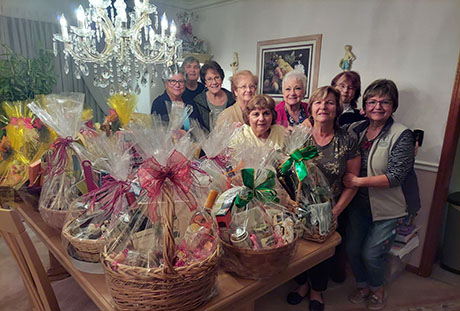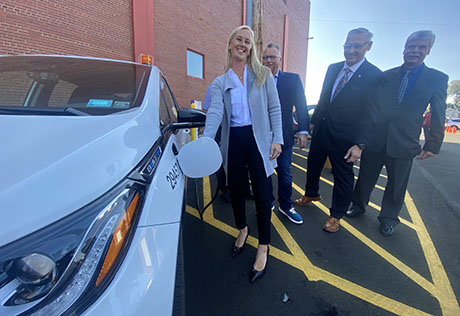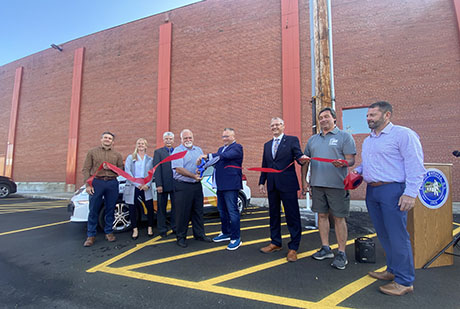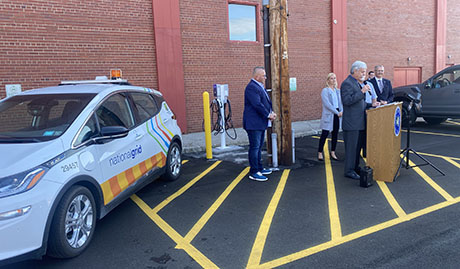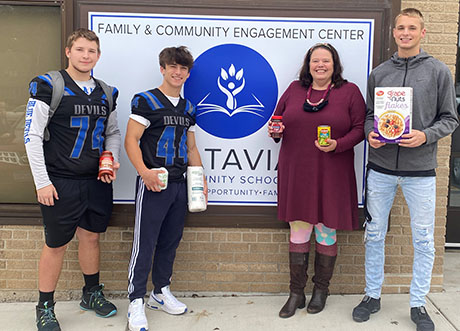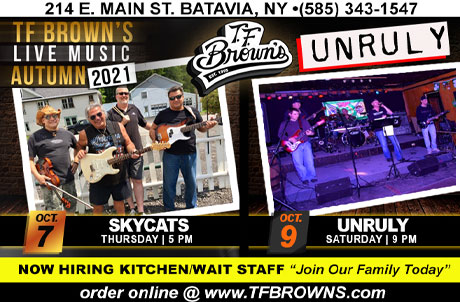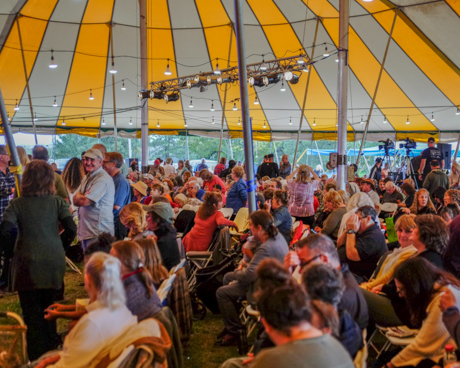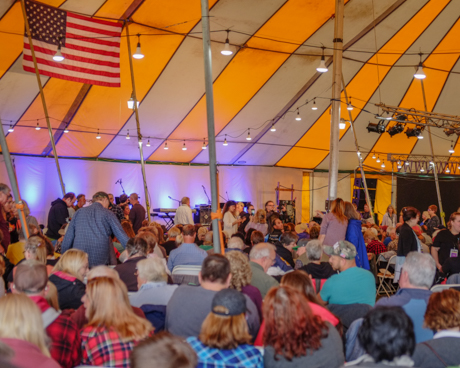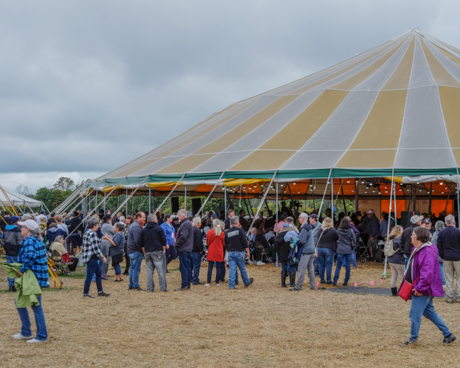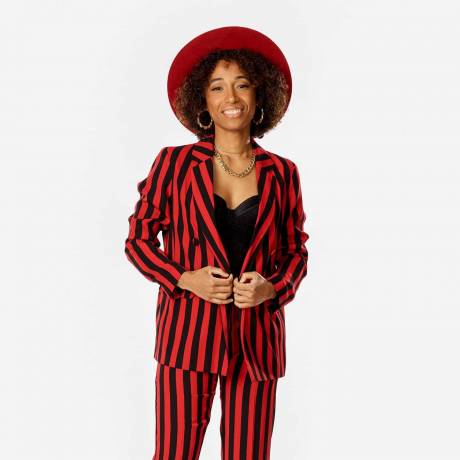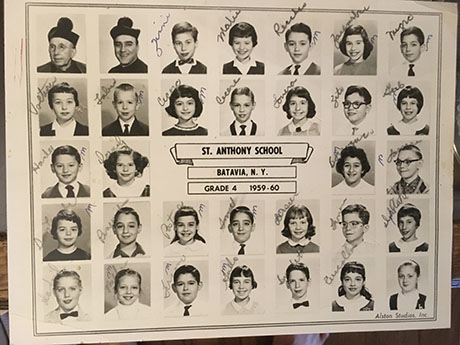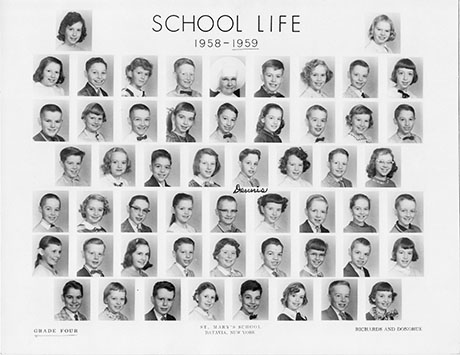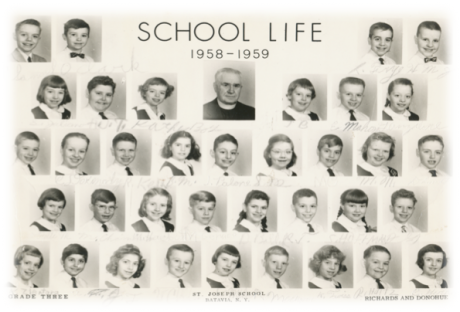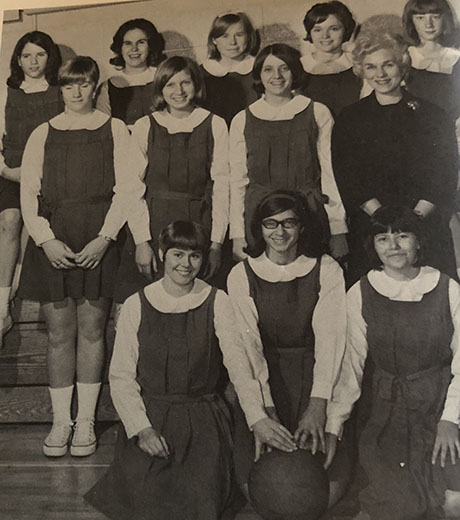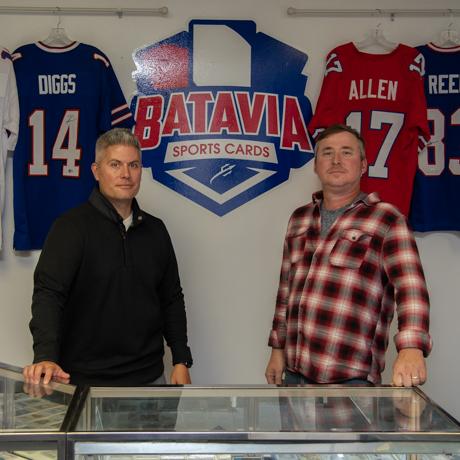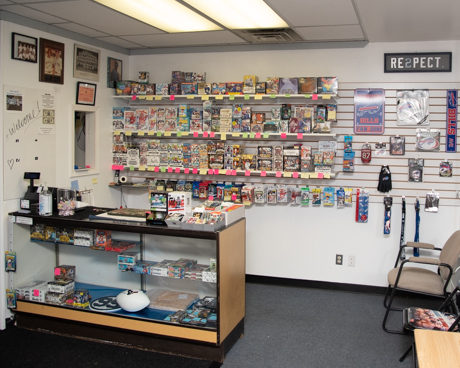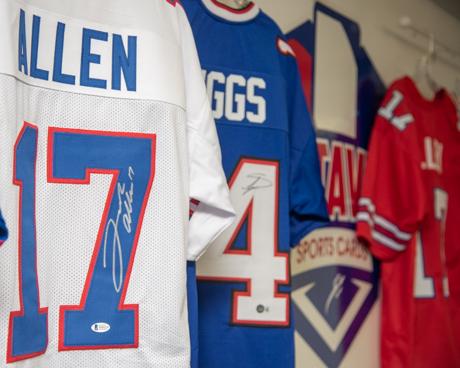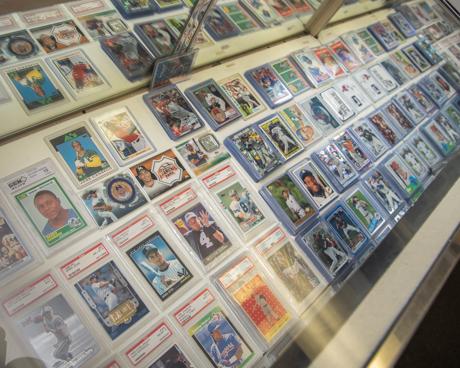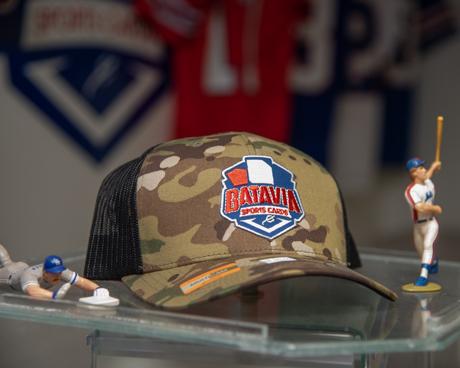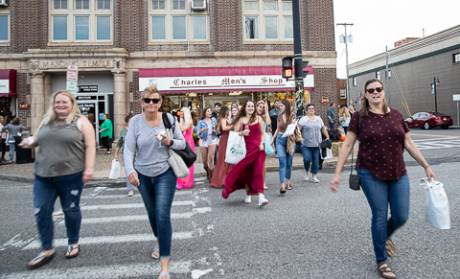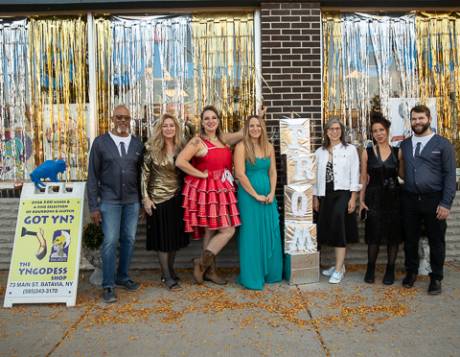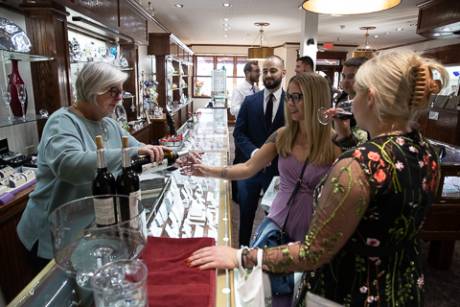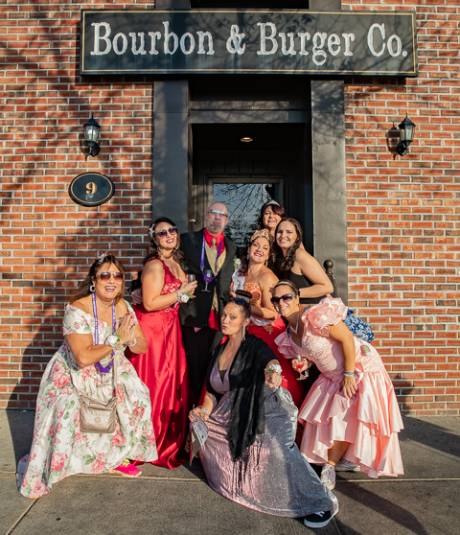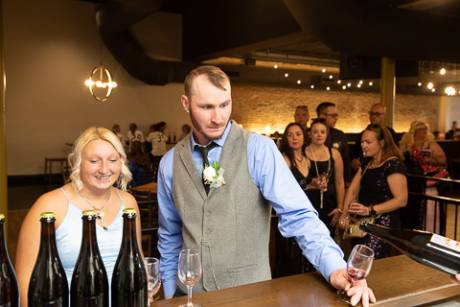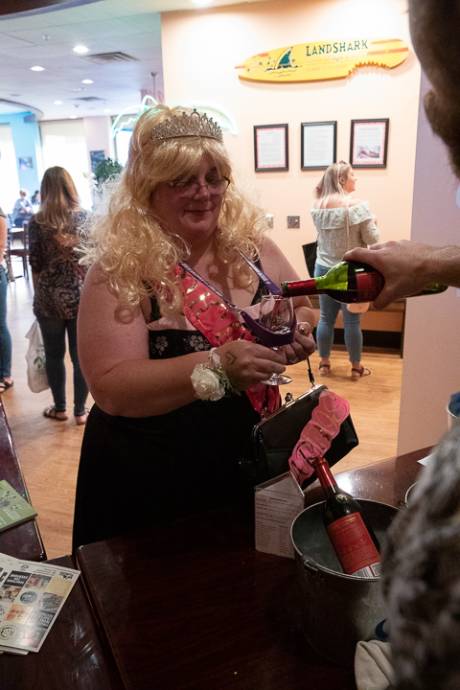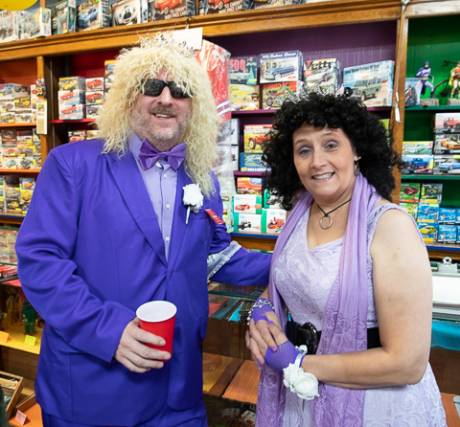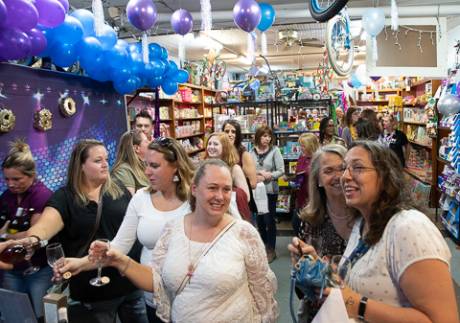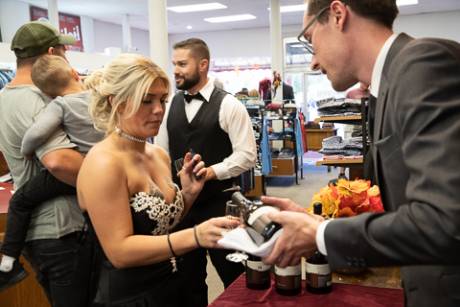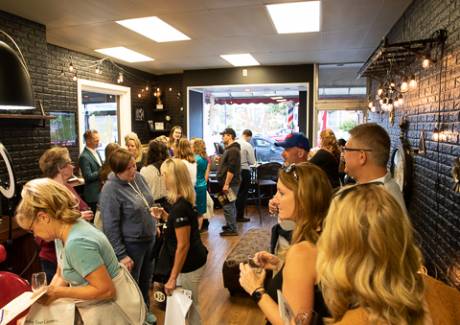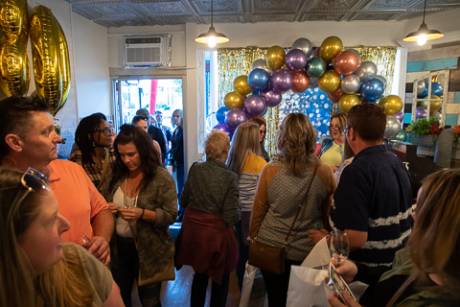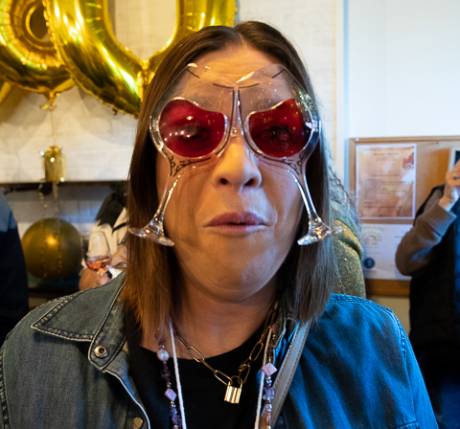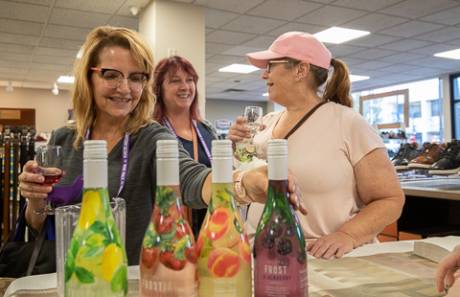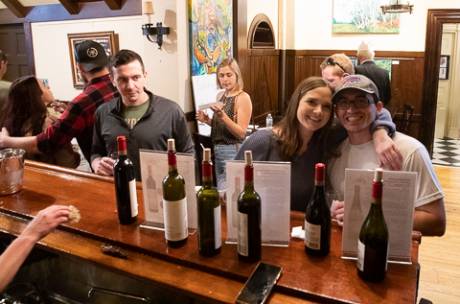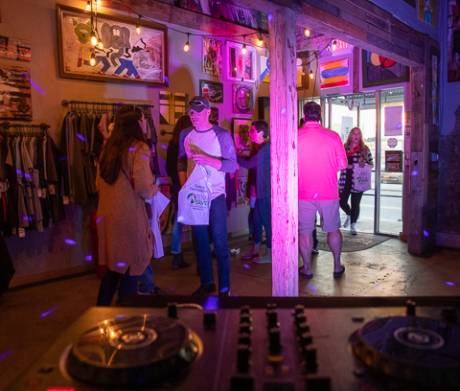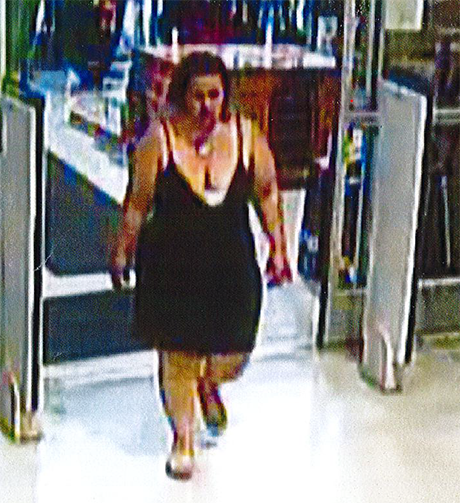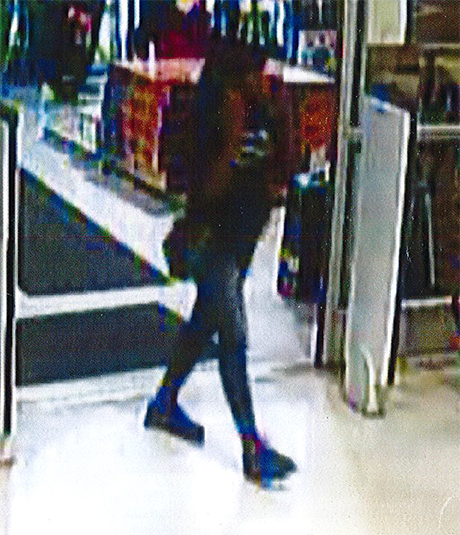Unless you are over 103 years old and remember the Spanish Flu worldwide outbreak of 1918, then the COVID virus is your first (and hopefully last) pandemic. Enduring all of the shortages, masking, social distancing, quarantining, and isolation for the past year and a half has caused me to think back to when I was a kid growing up in Batavia in the 1950s and 1960s.
What kind of health care did I receive? Who were my providers? What kind of medical problems did I experience? Did we have fears back then like there are now with COVID?
Doctor In The House
My first memory of a doctor is when I had appendicitis at age 5. We lived at 26 Thomas Avenue and our family physician , Doctor Mansueto, lived across the street at number 23. He regularly made house calls after office hours and my mother summoned him to see me.
I had a fever, was vomiting, and had severe lower right side belly pain – the class signs of an infected appendix. But when Dr. Mansueto began examining my abdomen I started giggling like he was tickling me. My mom was exasperated by my reaction until he touched the right spot and I let out a screech so loud that the customers at Olivers Candies probably heard me. It was off to St. Jerome's Hospital for me.
This was in 1952 and a year earlier a major renovation of St. Jerome's had been completed so they were all ready for me. I recall that the anesthesia that was used for my surgery was ether which causes a lot of nausea upon awakening. In between throwing up, all they would give me was ice chips to moisten my mouth. After several days' stay, I got to go home minus my appendix and plus the first of many scars.
Dr. Biagio Mansueto had gotten his degree from the University of Bologna in Italy and then served in the U.S. Army Medical Corps in Europe during WWII. In 1946 he began his medical practice as a family physician in Batavia with an office upstairs at 73 Main Street above what was Critic's Restaurant. He had a 35-year career and helped deliver over 2,000 babies before retiring to California in 1980. He passed away in 1995.
We had many occasions in our family to call on the services of Dr. Mansueto over the years. When I was about 7 or 8, I had a bad case of strep throat and he had me hospitalized for several days at St. Jerome's. Back then your own family doctor would visit the hospital and oversee your care. The only thing I can remember is that I was given some Hydrogen Peroxide to gargle with and for some reason the nurse left me alone to do that. I spilled it in my bed and lay uncomfortably in the wet sheets until someone discovered it.
A Bad Dime Was Had By Me
A more humorous incident that ended up at the doctor's house began in St. Mary's Church. While attending Sunday Mass my mother gave me a dime (talk about inflation) to put in the collection basket. Me being a goofy little boy, the dime ended up stuck in my nostril. After a couple of embarrassing minutes trying to extricate it (resulting in a lot of runny snot), mom dragged me (probably literally) out of there.
She got me in the car and proceeded to Mansueto's across the street from our house. Fortunately, the doctor was home and calmly removed the stuck coin with tweezers. He told my mother and me that he would be required to keep the coin as payment. This became a funny family tale in subsequent years, but I got my ears blistered (as my mom used to say) that day.
College Interruptus
Probably my last interaction with Doctor Mansueto was after my sophomore year of college in 1966. The whole school year I had been feeling off health-wise and had been losing weight. While working a summer job at Coca- Cola on East Main St. I developed a nagging cough. Eventually, the doctor suspected pneumonia and had me admitted to St. Jerome's for tests and observation.
I have 2 memories of that stay. First, one night the dinner that was served was a not very fresh plate of fruit. Nutrition-wise I guess that was okay ( if it didn't look like it had been left out for a couple of days), but not exactly what a 19-year-old would want. I think I had my mom go to Kustas Kandies on Main Street and get me a big cheeseburger.
Secondly, I know people seem older when you are that young, but there was one nurse who looked about 80. She was walking so slowly entering and leaving the room, with tongue only partially in cheek I asked the young man who was my roommate if he thought we should get out of bed and assist her.
As it turned out. I ended up at a specialist in Rochester and had to withdraw from St. John Fisher College to have surgery for a benign (thankfully ) tumor in my lung. That was definitely not a fun experience but did result in my spending an extra year getting a degree and delaying immersion into the real world of adulthood.
Take Your Best Shot
One other very clear memory I have from back then is how frightened my friends, classmates, and I were of polio. Of course, adults including our parents were concerned too. There had been a polio outbreak in 1939 resulting in school closings and some quarantining. Everyone knew someone in the community who had been paralyzed or crippled by it. In fact, the President during the 1930s and 1940s, Franklin D. Roosevelt, was debilitated by polio including needing leg braces and having to use a wheelchair.
But by far the things that scared us the most were the newspaper and magazine photos of kids in “Iron Lungs”. These were the precursors to ventilators and consisted of a large metal tank which the patient was placed into with only their head sticking out. The apparatus helped you to breathe easier and helped the lungs and diaphragm to regain their strength.
Most people only needed the iron lungs for several weeks, but somehow we kids got the impression that if you got polio you'd have to spend your whole life in there.
So, needless to say, when we and our parents learned of Doctor Jonas Salk's vaccine discovery that would keep us from those horrible contraptions we counted the days until we could get our shots. Sound familiar in 2021?
It was in the spring of 1955 when the vaccinations finally came. I was in the fourth grade at St. Mary's School and it was announced that doctors would be going to the schools and be assisted by nurses in doing the inoculations. Dr. Samuel Gerace came to our school and I recall him being very friendly and soft-spoken to make the nervous kids more at ease.
I don't remember which kid it was, but one of the boys was boasting about how easy it was going to be and no one should be a “scaredy-cat”. As he waited in line for his turn, he saw the needle go into a child's arm and fainted, going down like an electric pole in a hurricane. For the rest of the year, he was the one that got needled.
Later on in the 1960s, my younger brother was protected against polio by an oral vaccine developed by Doctor Albert Sabin. Instead of a shot, the medication was placed on a sugar cube and you just had to pop it in your mouth. No more fainting.
You Know The Drill
I would be remiss if I didn't mention my experiences with dental care. Our dentist was Doctor Lawrence Mulcahy whose office was in a big white building on the northeast corner of East Main and Ross Streets. I'm sure that he was a very capable dentist, but I would have rather eaten bugs than endure a session with him. I used to stress for days before my appointment.
I don't recall Doctor Mulcahy giving an injection (what most people call Novacaine but used to be Procaine and is now Lidocaine) to numb my mouth for fillings. Rather, he administered Nitrous Oxide, also known as laughing gas.
This is a chemical that apparently people have fun with at Grateful Dead concerts, but I can assure you that I wasn't doing any laughing in the dental chair. It made me feel a little lightheaded but did practically nothing for the pain. I'm pretty sure I yelled out in agony on several occasions.
I was so traumatized by my dental visits that I did not go to the dentist for many years. Eventually, when I finally did go, I had so many cavities that I had to have them taken care of in stages. Dental care was not as bad in the 1950s as in the Old West days when the barber doubled as the dentist. But, I'm sure happy that my appointments for dental care today are painless and anxiety-free.
A lot of folks who get on board the nostalgia train seem to think that everything was better back then. Admittedly, you were more likely to have a personal relationship with your family physician, especially in a small town and particularly when they sometimes came right to your home. But, advances in scientific discoveries ( for those of us who trust them) and medical technology have enabled us to have a longer and healthier life today.
